Circle of Hope
By Eliza Griswold (Macmillan Publishers, 2024)
Church is a place where many people hope to find peace, but churches are made up of human beings, so is peace truly possible? Eliza Griswold’s Circle of Hope focuses on a church of the same name, founded decades ago in Philadelphia by Rod and Gwen White, California transplants seeking a “better way” to follow Jesus. Griswold spent four years during the COVID-19 pandemic immersed in the congregation. She attended their Zoom gatherings, pastoral meetings, and, once the lockdowns were over, in-person worship events. She details the rise and fall of membership, pastors leaving, and the struggles of navigating sensitive social issues in the late 2010s, especially in the diverse urban Philadelphia area and nearby New Jersey.
What is striking is her choice of subjects: the four pastors who were shepherds of this flock for a majority of the time Griswold was observing. These four individuals, from a range of backgrounds and demographics, looked after four different congregations from around the surrounding neighborhoods.
Griswold tells the story of Circle of Hope’s time of reckoning and offers thoughts on what it might take for Christianity to fully engage with anti-racism and community building. While there are no “villains,” there are people who benefit from any type of system, even ones intended to help the marginalized. Although the church was founded upon the ideals of social justice and transparency, these goals are challenged as the congregations are asked to be honest about their views of one another.
While Griswold may not have originally intended to detail such a messy period of this church’s history, the book does provide a small case study of the state of faith communities: the work that must be done, the many hands it will take to right the ship, and the vulnerability and empathy that are required from everyone, including our pastors.
—Alexander Pyles
Living on Earth
By Peter Godfrey-Smith (Farrar, Straus and Giroux, 2024)
Peter Godfrey-Smith, a professor in the School of History and Philosophy of Science at the University of Sydney, enjoys viewing the human predicament in relation to other species. An expert scuba diver, he has spent his career studying various underwater beings, notably the octopus, whose intelligence and resourcefulness never cease to amaze in spite of the vast distance between us on the tree of life.
In his new book, Living on Earth: Forests, Corals, Consciousness, and the Making of the World, Godfrey-Smith argues that if humans as a species are unique, it’s not because of any single essential trait that sets us apart from the rest of creation. He paints a compelling portrait of how we humans have over the eons gathered to ourselves a confluence of different kinds of intelligence and self-awareness that preceded us in many other species.
In Godfrey-Smith’s view, what really sets us apart is the level of culture we created to support our advancement from forest-dwelling primates to more collectively collaborative species. By culture, he means the establishment and development of “ways of behaving that are passed from generation to generation, and sideways within a generation, not through genes but through watching and imitating, learning and leading, and (sometimes) deliberate instruction.” This includes material culture, the fashioning of tools that become standardized, as well as the deliberate transformation of the local environment.
Thus, culture is more important in the grand scheme than intelligence on its own. “If we imagine a species in which everyone is a lone genius, in an entirely non-cultural way,” he writes, “we are not imagining a species with anything like the role in the world played by humans.”
This is a provocative book that rewards close reading.
—John W. Farrell
Briefly noted:
Cultural Catholics
By Maureen K. Day (Liturgical Press, 2024)
A sociologist and professor of religion, Day explores people who identify as Catholic but infrequently attend Mass and offers ways to connect with them.
Green Saints for a Green Generation
Edited by Libby Osgood, C.N.D. (Orbis Books, 2024)
This collection of essays reflects on various saints—canonized and not—who offer us insights and hope for ecological action.
Midwinter Light: Meditations for the Long Season
By Marilyn McEntyre (Broadleaf Books, 2024)
McEntyre invites readers to sit with the long, cold season of winter, with a wide range of poems accompanied by reflections.
This article also appears in the January 2025 issue of U.S. Catholic (Vol. 90, No. 1, pages 39). Click here to subscribe to the magazine.


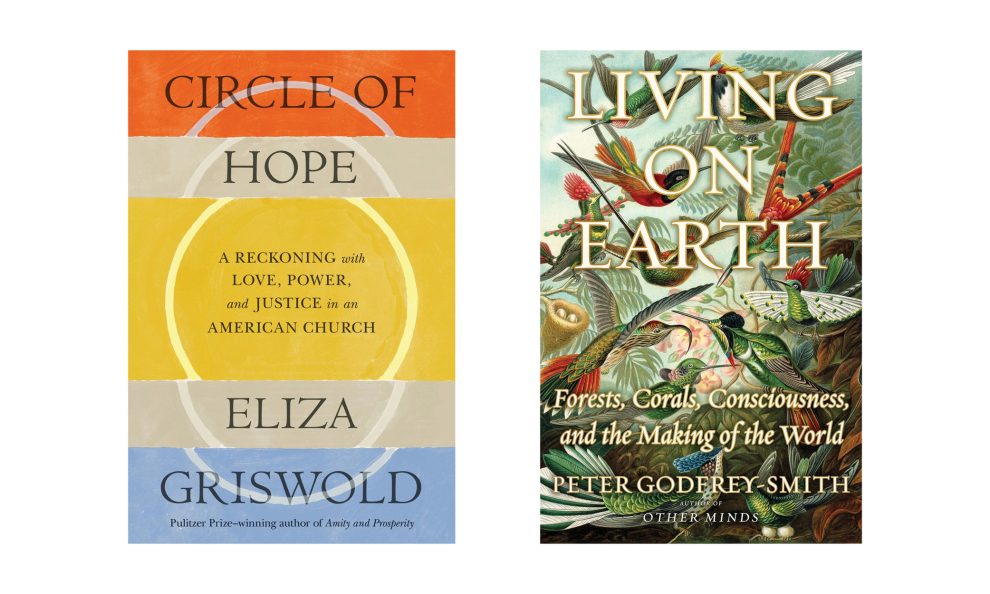
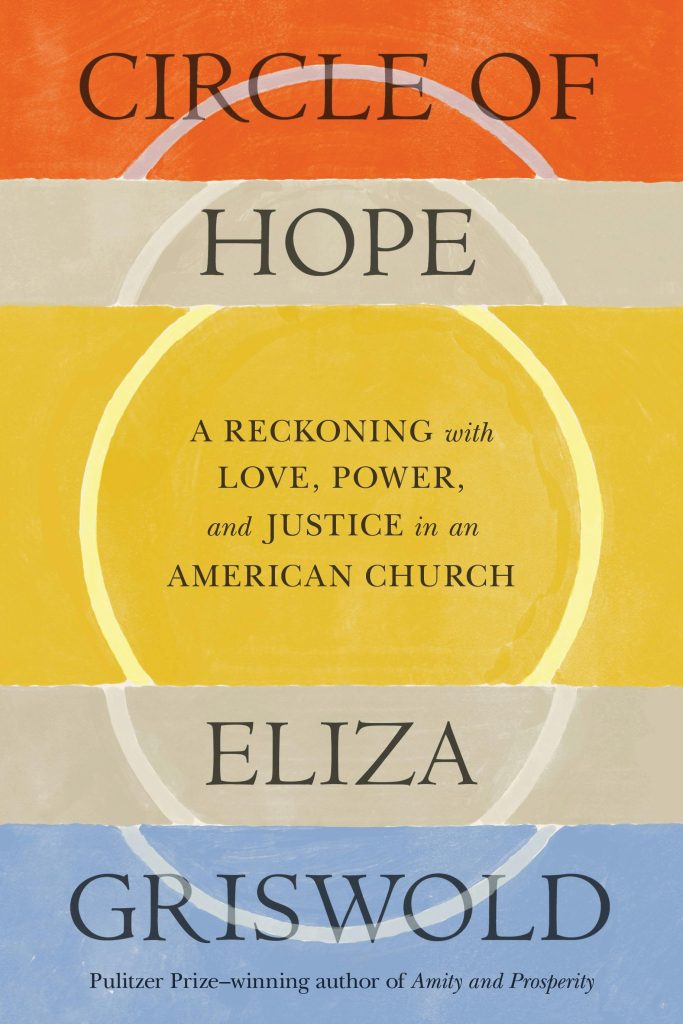

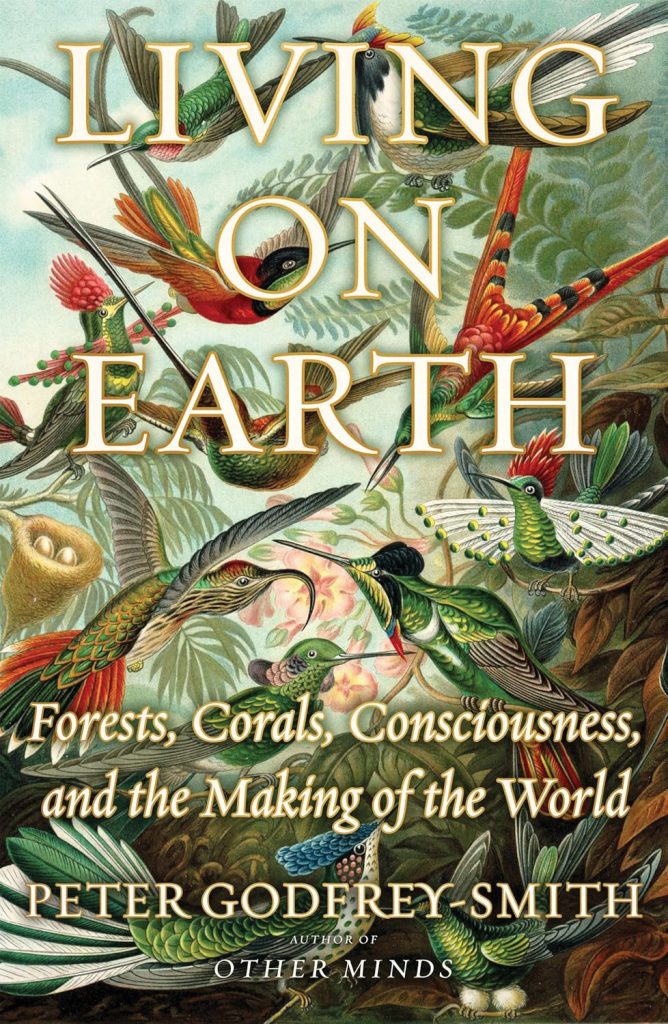
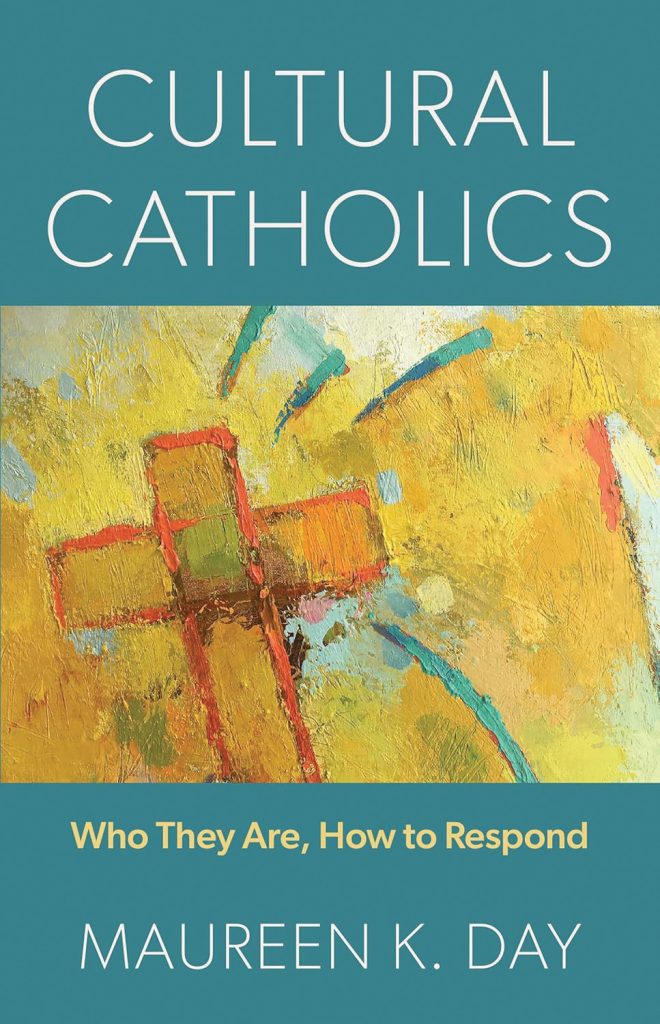
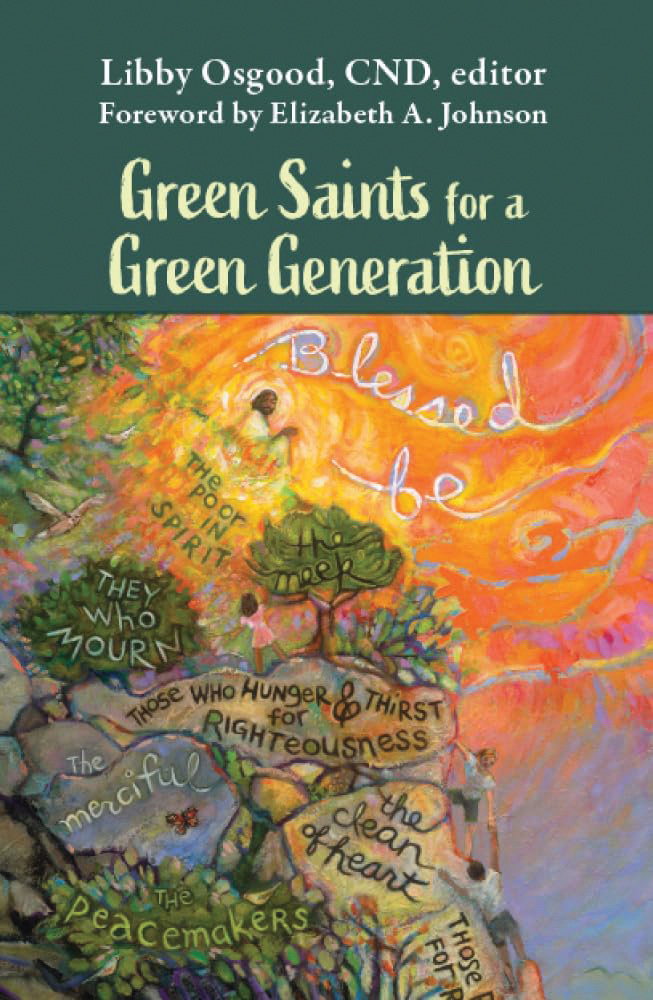
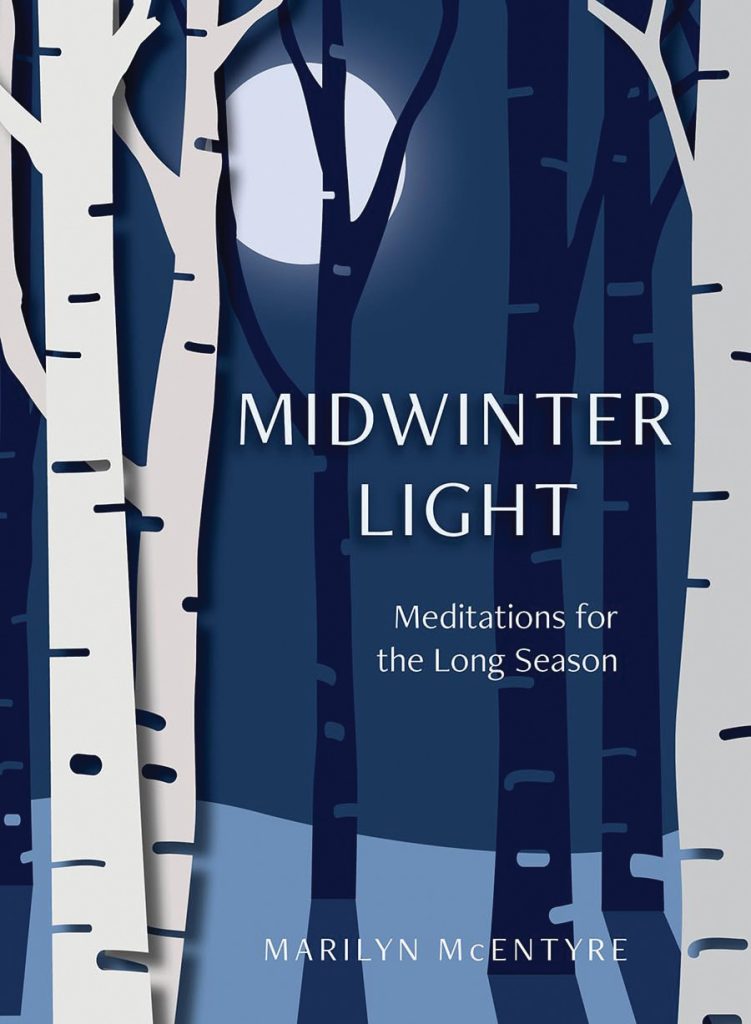











Add comment